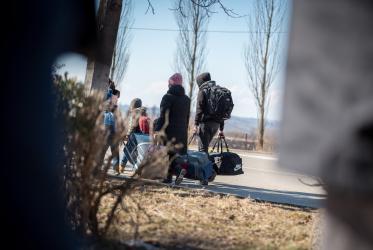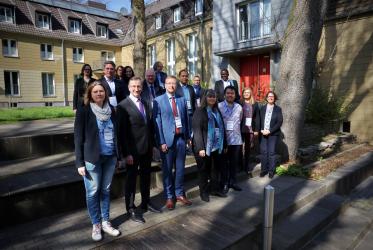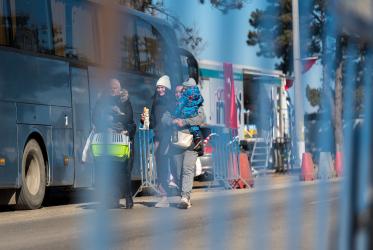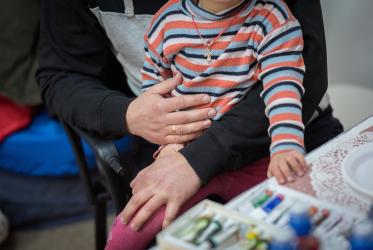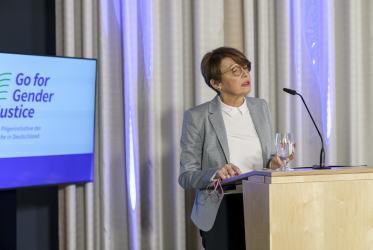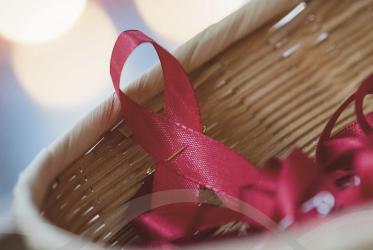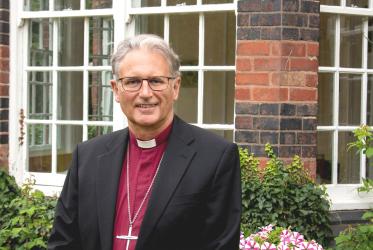Displaying 1 - 20 of 138
WCC Eco-School begins in Crete
15 November 2023
WCC invites all to World AIDS Day prayer service
28 November 2022
WCC leaders recall life-changing experiences from early days
10 February 2022
“Coventry Cathedral continues to speak a word of hope to the world”
10 December 2020
WCC mourns passing of Hendrew Lusey-Gekawaku
23 October 2020








